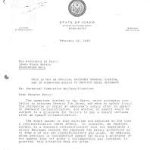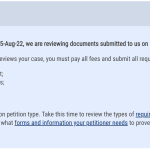Legal work often necessitates extensive documentation. Potential attorneys will frequently be called upon to draft letters to clients or government agencies on behalf of their clients.
They will also participate in meetings, from case discussions to strategy gatherings, which gives them valuable experience of how different specializations operate on an everyday basis.
Document Preparation
Legal documents are vitally important to any case’s success, protecting both parties and providing some form of recourse if things don’t go according to plan. Therefore, it is critical that legal documents be drafted correctly, being clear and concise.
Preparing legal documents takes time and effort, but there are ways to streamline the process more efficiently. Templates can save time by providing a framework for your document. Furthermore, using consistent file naming conventions makes your files easy to find and identify.
When it comes to legal documents, it’s essential that you understand the requirements for your jurisdiction, including what information needs to be included and excluded in your documents. Furthermore, having access to appropriate tools and technology will ensure your documents are complete and accurate.
Research
Lawyers use their knowledge of law, precedent, client facts and expert opinions to review, analyze and predict the likely result of cases. Increasingly legal research is being performed digitally rather than physically – although cracking open law reports is still useful, specialized digital products make finding cases and secondary sources that apply much quicker; furthermore these digital tools help filter out irrelevant authority such as overturned decisions that provide no persuasive value – saving attorneys time from exploring avenues which won’t benefit their case at all.












